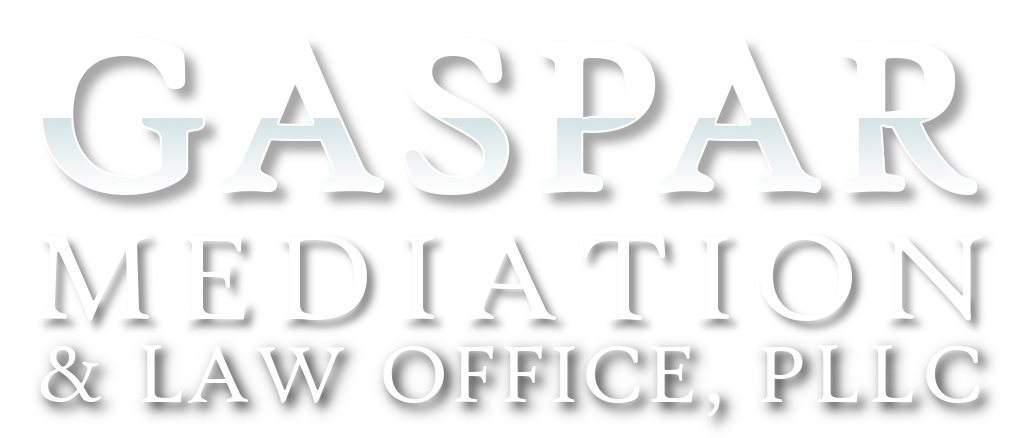You have given it serious thought. You talked to your best friend, your minister, maybe even your therapist. You want to use mediation for your divorce. The next step is to google for mediators in the area or ask for recommendations from family and friends, right
Wrong.
For a mediation to work, both parties must sincerely agree to the process. This means having an honest and frank discussion about using this process to resolve all matters in the case. If one side is opposed to using a mediator, there is a good chance the mediation will fail. Additionally, if it’s a “one-sided” agreement where one person is merely agreeing to pacify the other side, there is a better than even chance that mediation won’t work.
This means that both participants must buy in to the process.
To get to the buy-in, education is key. As many states offer mediation through the courts, their websites may contain general information about the process and other considerations. There are also numerous websites that not only list local mediators but post informative articles on the subject. Call a local mediator and ask if she or he offers a free consultation to discuss the overall process, the time it takes, the related fees, etc.
Secondly, talk to an attorney before you schedule your mediation. This may sound counterproductive because all lawyers want to run off to court and charge big bucks to do so.
Half-wrong.
While there are certainly attorneys who would prefer to prepare for a fight in court rather than a negotiation in a conference room, there are also family law attorneys who are “settlement minded.” This professional can advise you of your rights and responsibilities in your state. He or she can explain how the divorce process works. The attorney could also serve as a resource for you to consult with as the mediation proceeds.
You can find “settlement minded” attorneys by looking for a lawyer who is also a mediator. This is not to say that this attorney would also serve as the mediator in your case, as that is a clear conflict of interest. Rather, it means that the attorney believes in the benefits of mediation and in all likelihood will encourage rather than discourage you to participate in mediation. Another resource for settlement minded attorneys is to ask if the lawyer is a “collaboratively” trained attorney. Collaborative process is another non-court way to resolve a case outside of court. As a collaborative attorney, the lawyer is more likely to offer advice as to how to resolve your legal matter, pitfalls to avoid and information about the law as to how it relates to your situation.
Taking these steps well before you enter the mediator’s office will certainly help you reach your goal of a successful, amicable outcome to your legal situation.


